Search: Eastern and Southern Africa
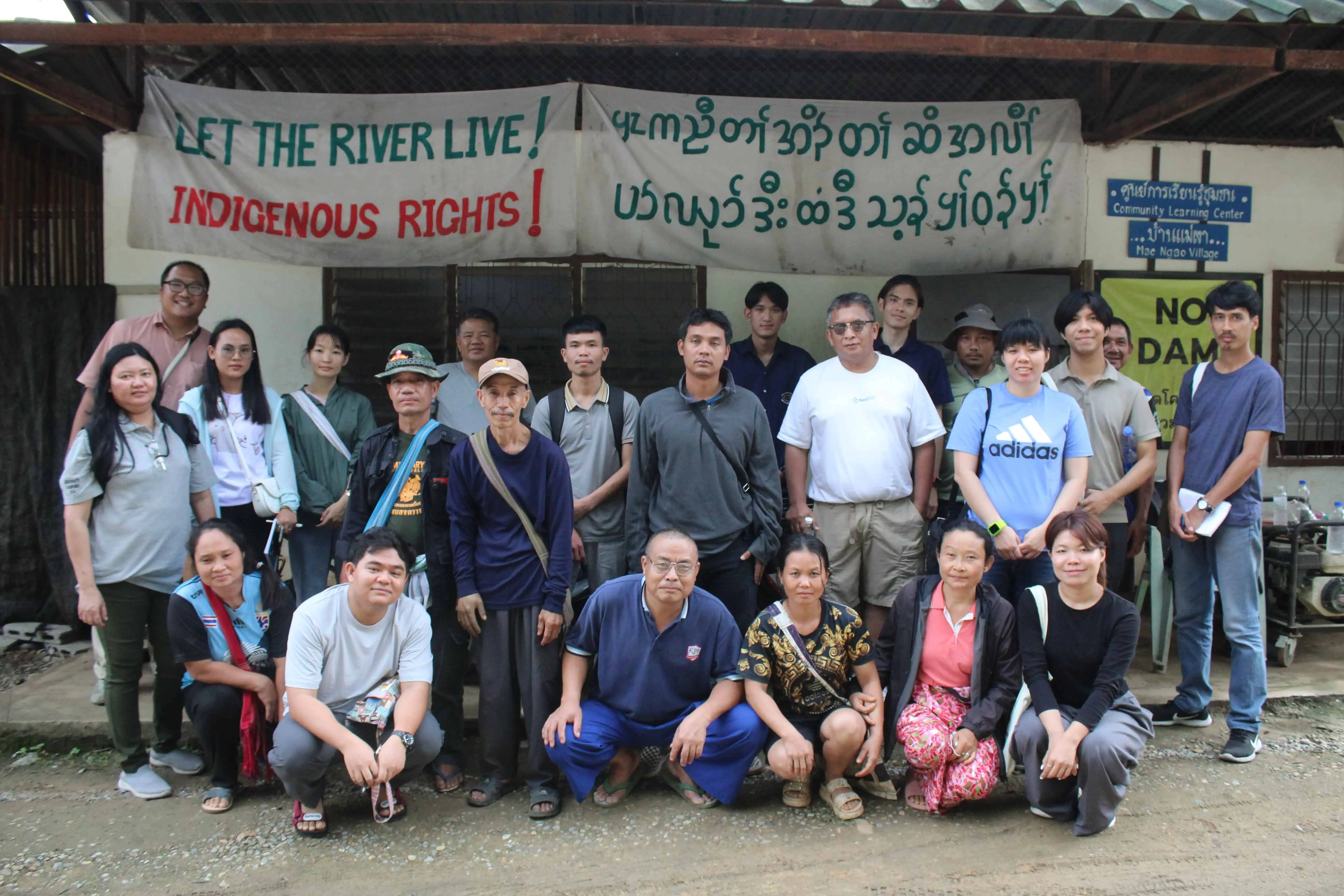
Story | 26 Jul, 2024
Despite being one of the longest free flowing rivers in Southeast Asia, there is very little data on fish biodiversity in the Salween River basin. A training by IUCN’s BRIDGE Programme and MaeJo University provided five civil society organisations (CSOs) from Myanmar and Thailand with…
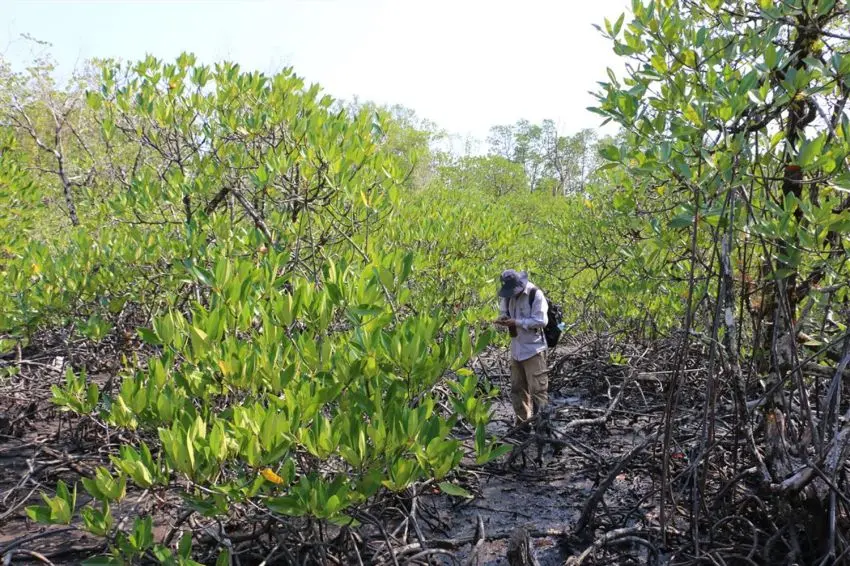
Project | 01 Jan, 2016 - 30 Jun, 2024
Sustainable Management of Peatland Ecosystems in Mekong Countries
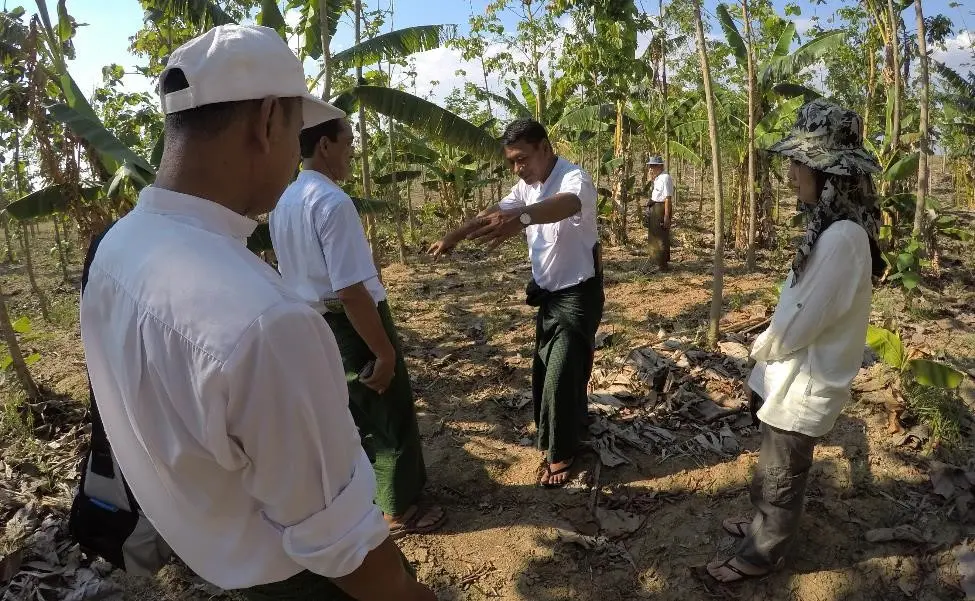
Project | 01 Jul, 2016 - 30 Sep, 2024
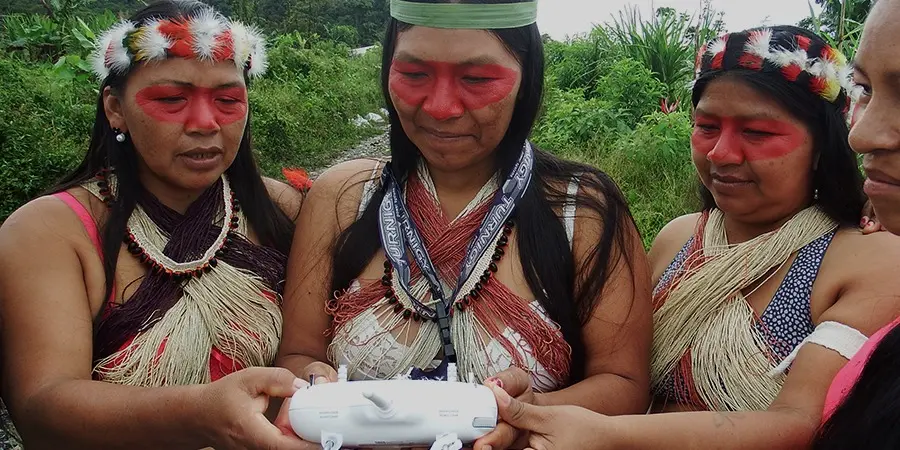
Project | 27 Dec, 2016 - 31 Mar, 2023
The work area of the Amazon 2.0 project is implemented in: Brazil, Colombia, Ecuador, Peru, Guyana, Suriname. Its mission is to strengthen forest governance models in indigenous and peasant territories of the Amazon biome.
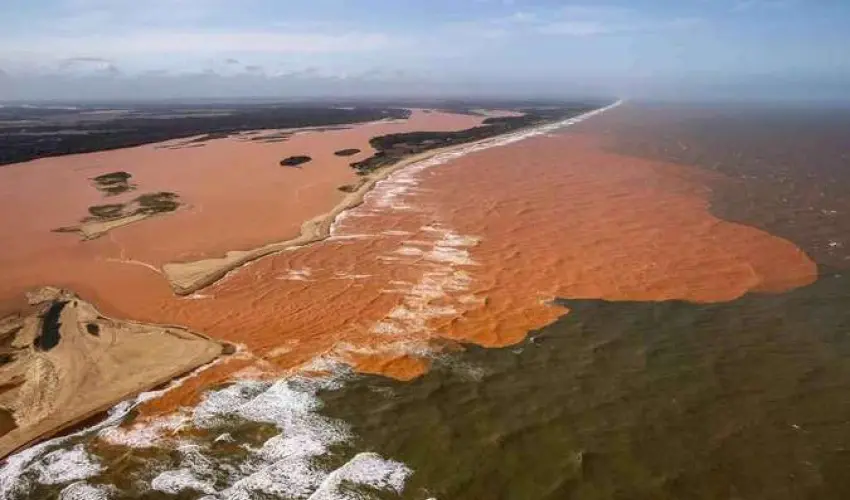
Project | 30 Aug, 2017 - 30 Apr, 2023
Rio Doce Panel - Independent Scientific and Technical Advisory Panel (ISTAP)
The Rio Doce Panel is an Independent Scientific and Technical Advisory Panel (ISTAP) convened and managed by IUCN to provide objective recommendations to the restoration of the Rio Doce watershed.
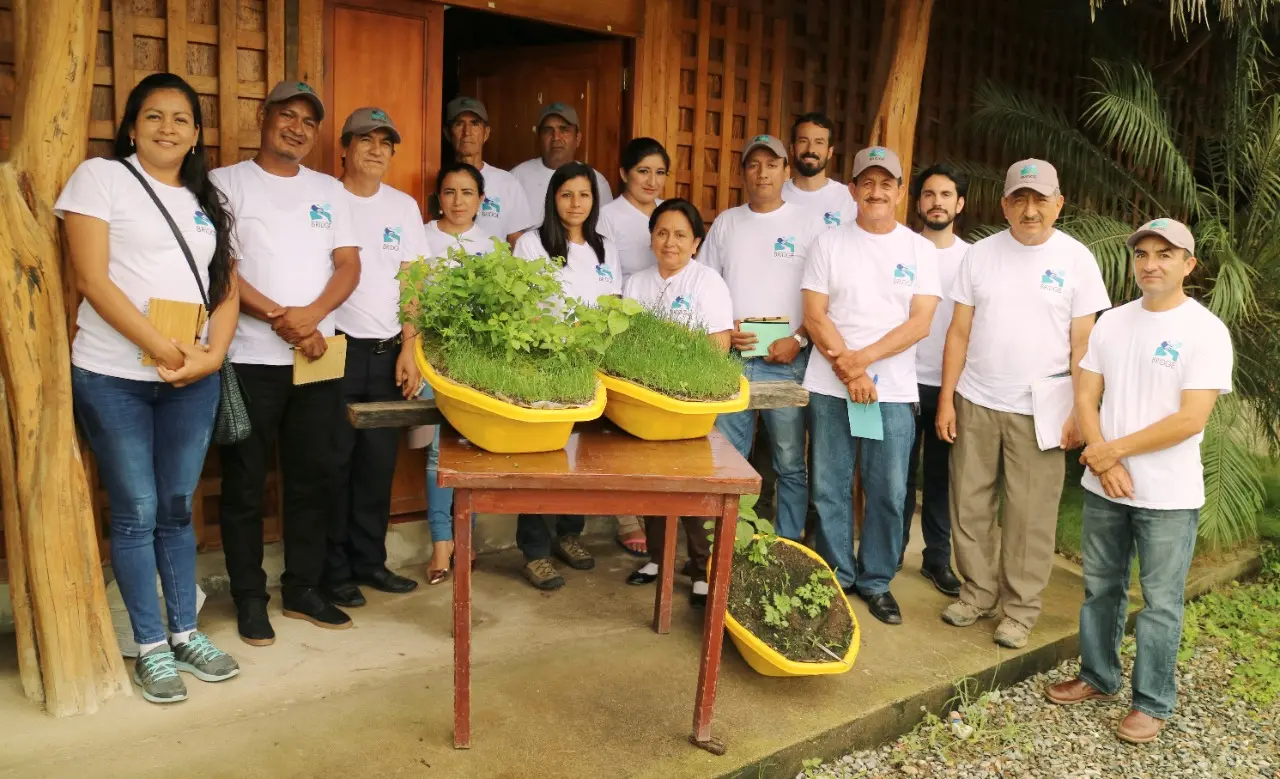
Project | 01 Jan, 2019 - 31 May, 2022
Building River Dialogue and Governance - Phase 4
BRIDGE promotes cooperation and water diplomacy in the 9 transboundary basins between Ecuador and Peru, and in the Titicaca basin, shared between Bolivia and Peru.
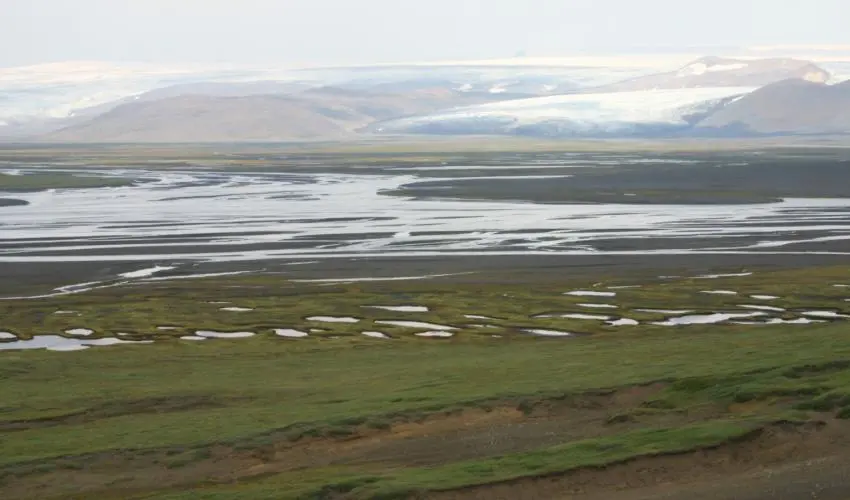
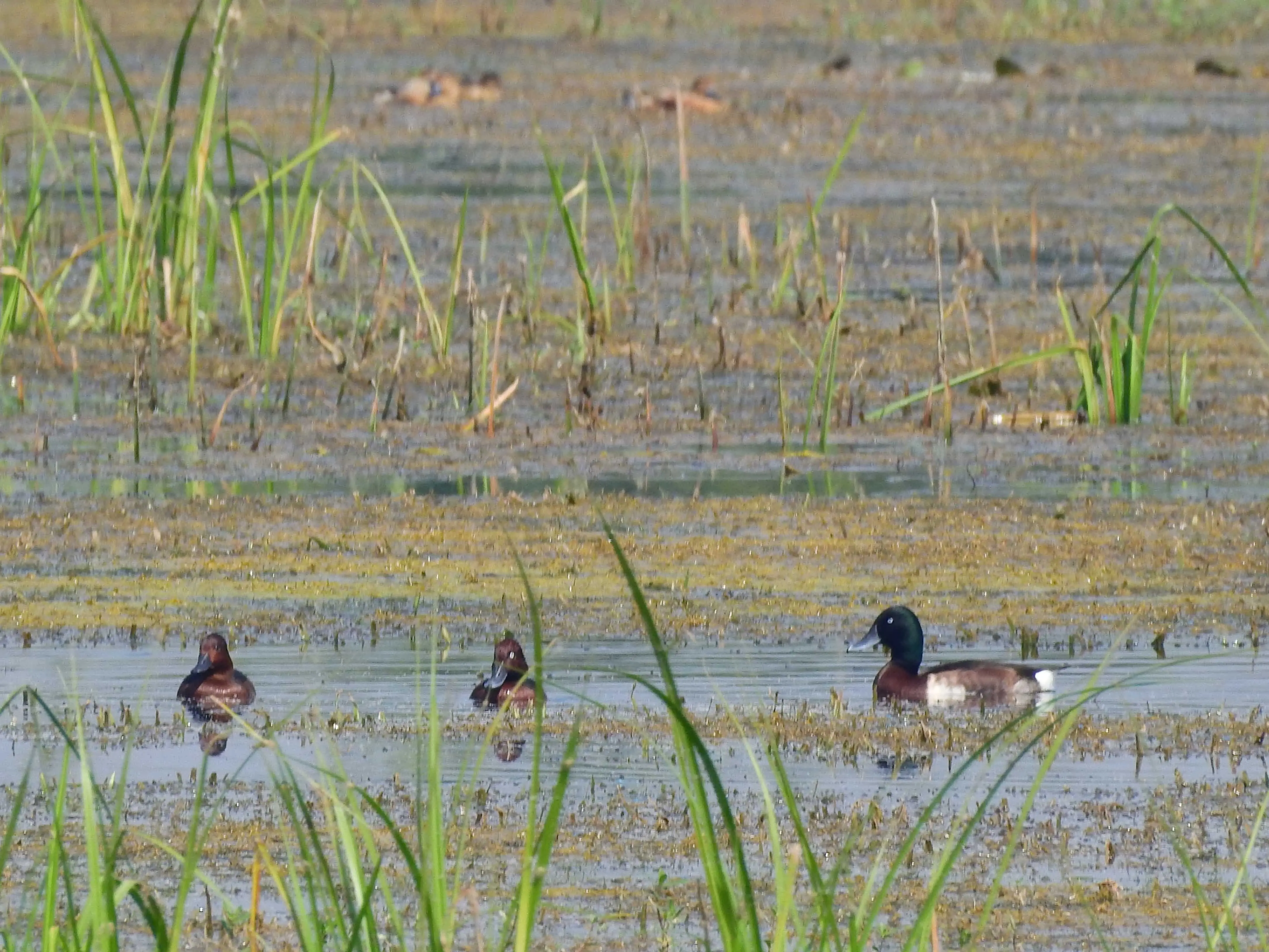
Story | 30 May, 2024
Communities Drive the Designation of Pyu Lake as Myanmar’s Newest Ramsar Site
Pyu Lake, located in the heart of Myanmar, has secured two consecutive ‘wins’ for its conservation over the past year. Following the designation of the site as a Flyway Network Site with the East Asian Australasian Flyway Partnership (EAAFP) on 16 November 2023, the lake was designated as the…
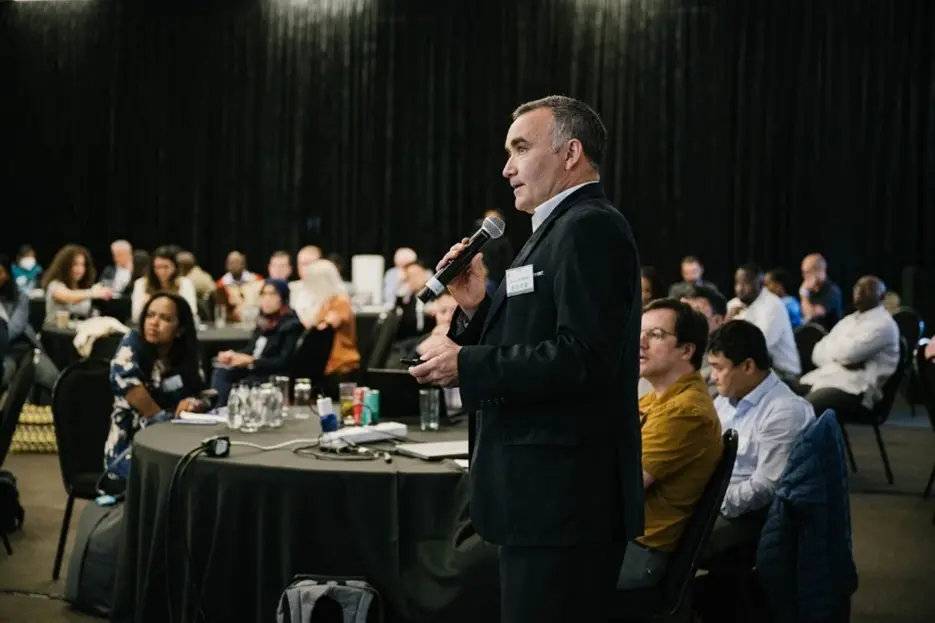
Blog | 02 Apr, 2024
Green List Forum: a deep reflection on the future of global conservation
In December 2023, a seminal event took place in Cape Town, South Africa, bringing together experts to discuss the progress and challenges of the IUCN Green List Programme.
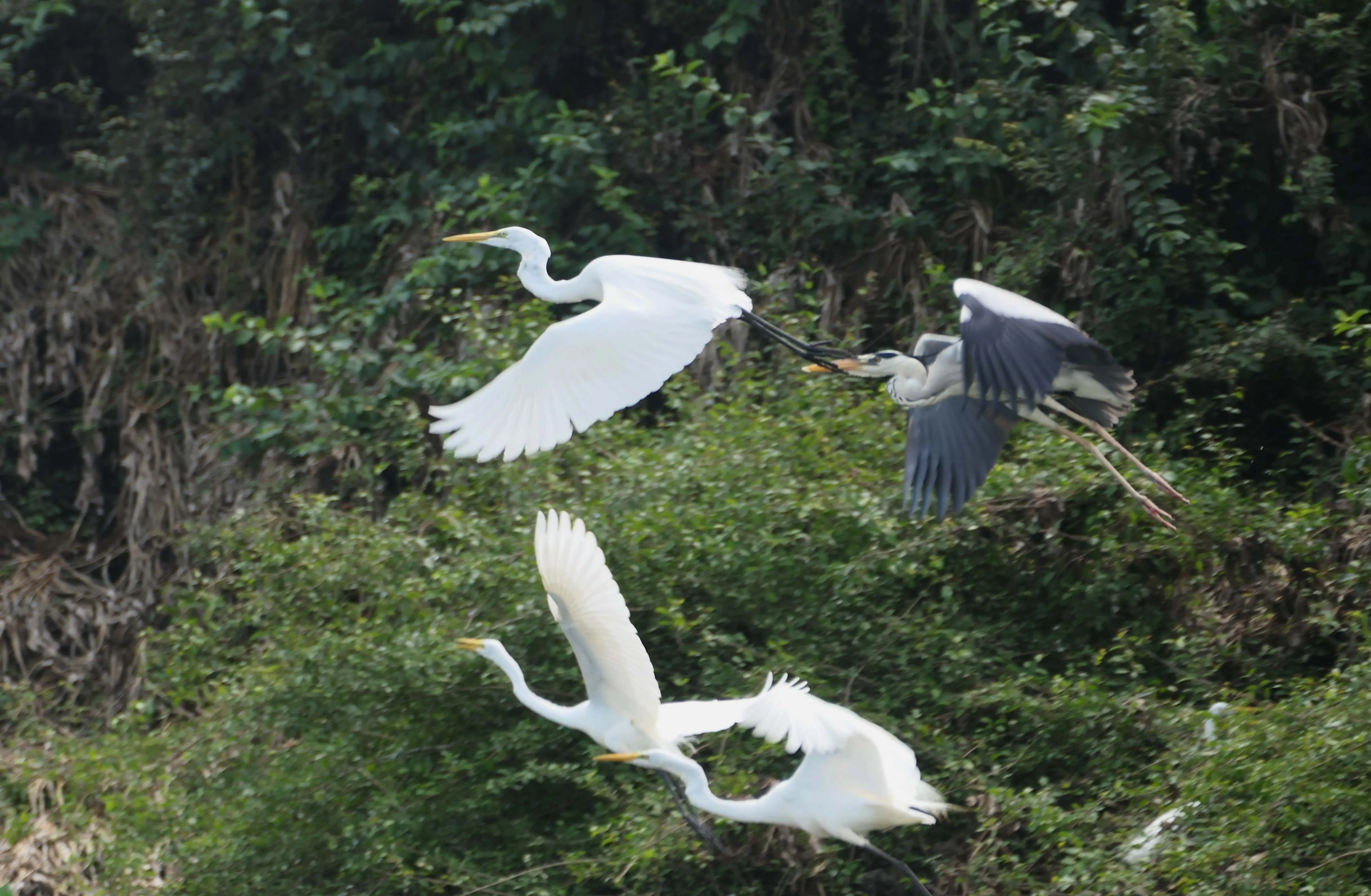
Story | 20 Mar, 2024
Ramsar representatives in the Indo-Burma region highlight emergent needs for wetland conservation
From 28-29 February, participants from Cambodia, Lao PDR, Myanmar, Thailand and Viet Nam convened in Siem Reap, Cambodia, for the 7th Annual Meeting of the Indo-Burma Ramsar Regional Initiative (IBRRI). The meeting provided an opportunity for partners, including representatives of government,…
